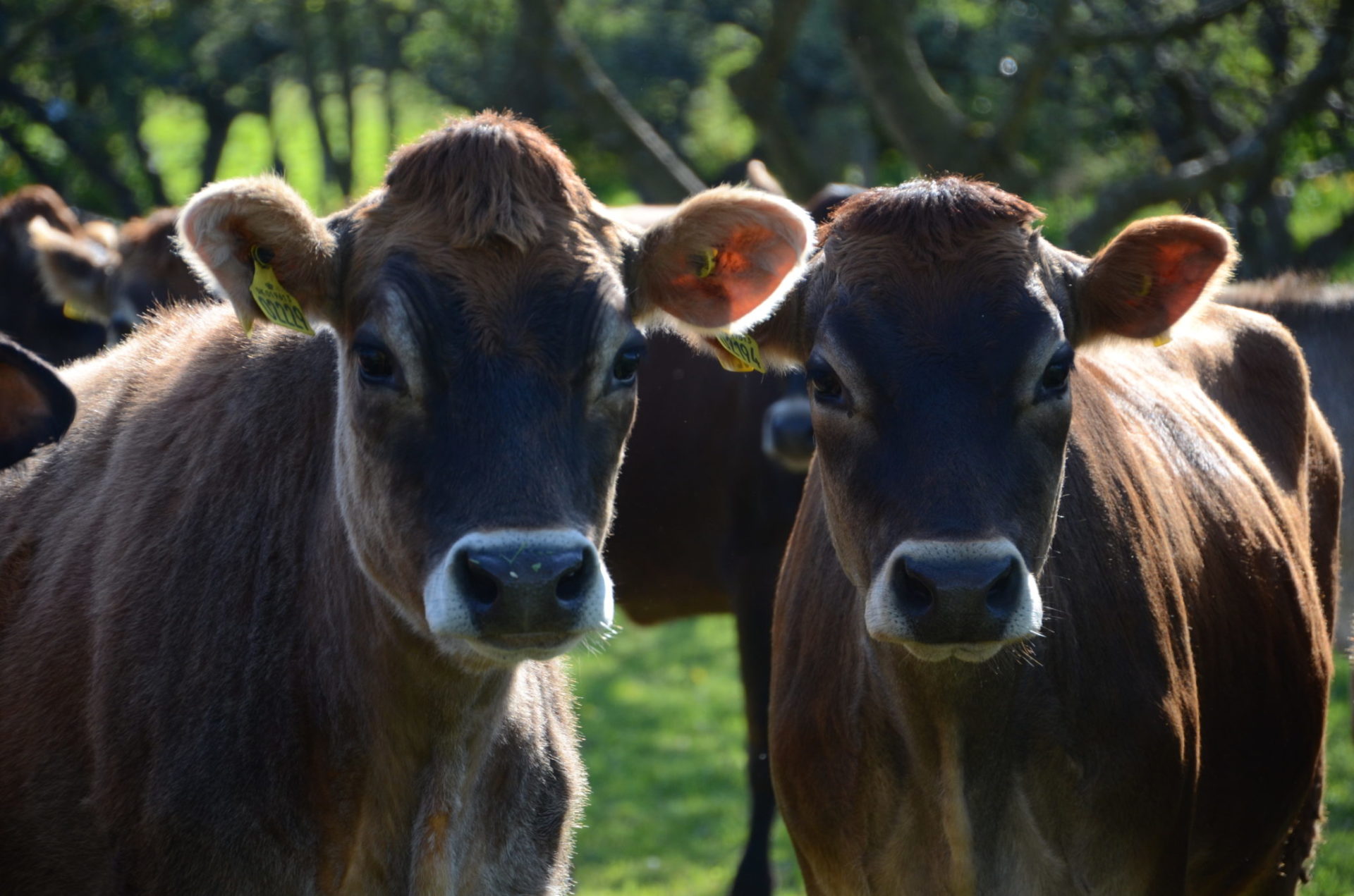Pioneering feed additive to reduce methane from cows
Can bioactive compounds in Nordic macroalgae be used to limit methane production in cow stomachs? Danish researchers are investigating the possibility in a project to pioneer a new methane-reducing additive for cattle feed.
Initial findings suggest there could be potential to cut cow methane emissions by at least 45% with no negative consequences for productivity, animal health or food safety.
Macroalgae could cut cow methane emissions by 45%
Aarhus University is leading the partnership project, which started out by harvesting and cultivating macroalgae species with known anti-methanogenic properties. From them, a handful of promising compounds are being identified through in vitro simulation.
The ultimate test of the bioactive compounds will be a controlled feeding trial with dairy cows, measuring the impact on methane generation alongside milk production, health and other key parameters.
The plan is to patent and commercialise the additive within five years of the project’s completion in August 2025. As no additive for effective methane reduction is currently available, market demand is expected to be high.
The other partners in the project are Danish Technological Institute, Ocean Rainforest, Lactobio, Novonesis, Vilofoss and DLG.


